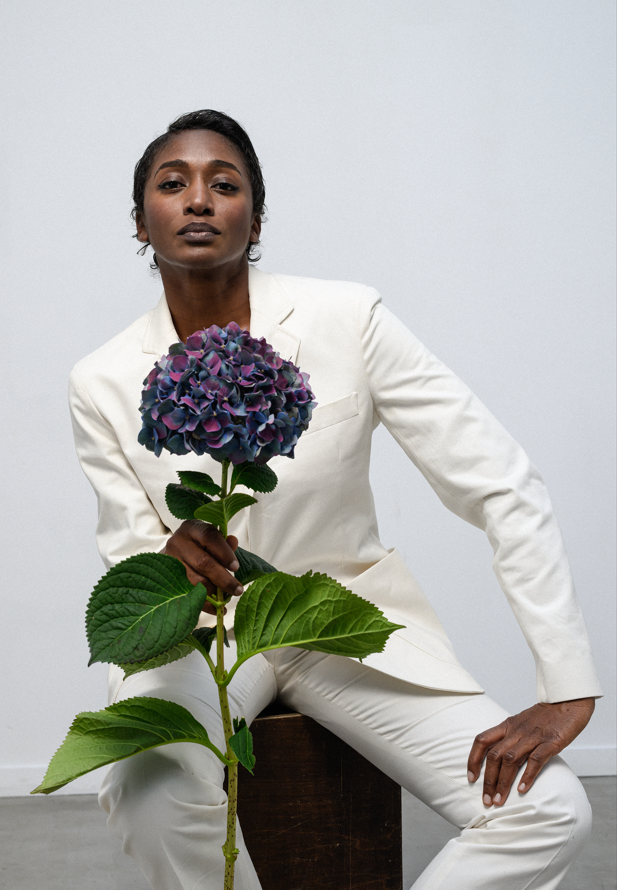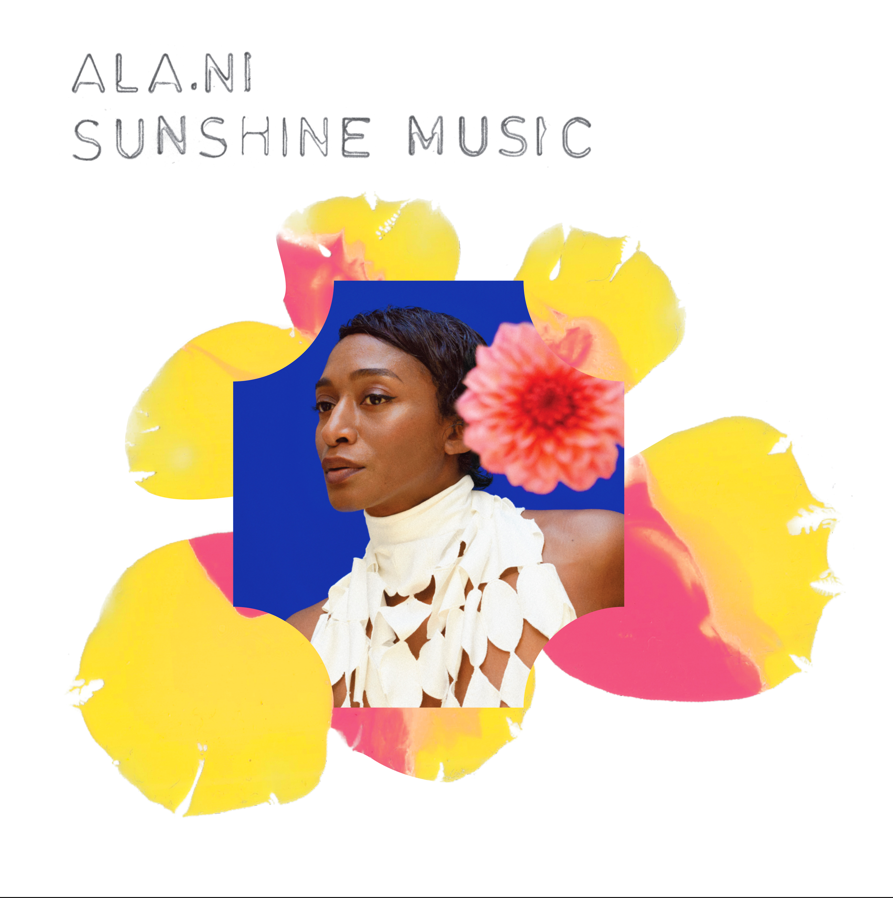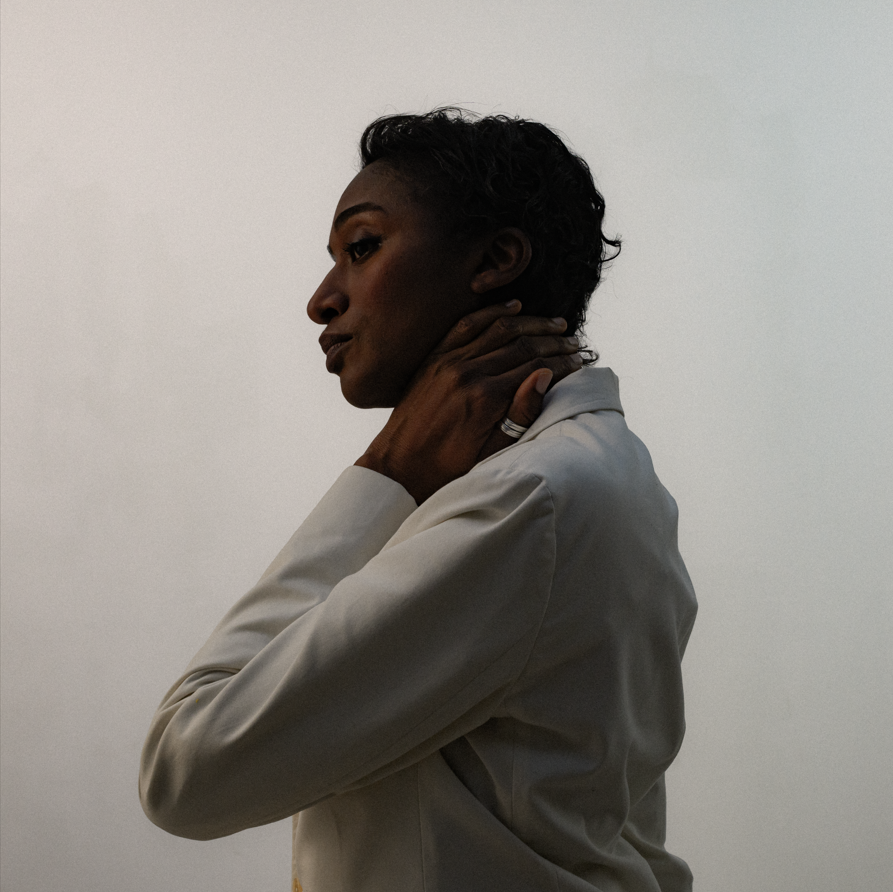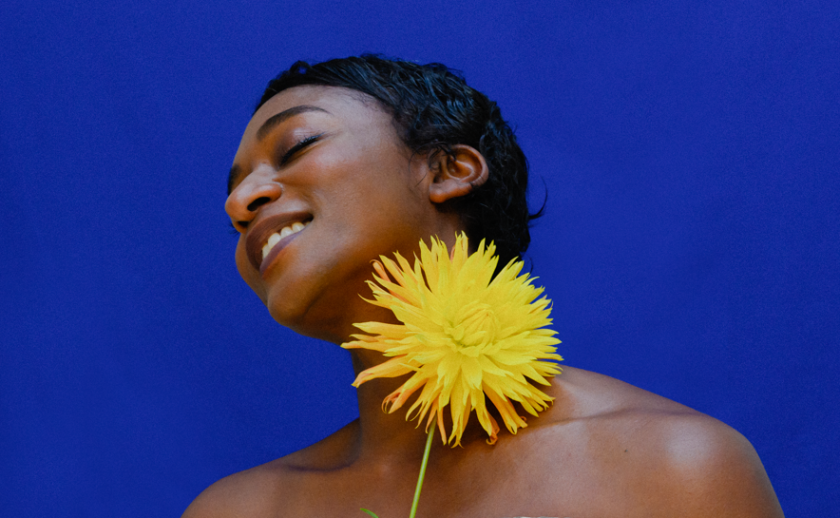I’ve never thought of myself as a political artist. I write about love. The tender bits, the messy bits, the heartbreak that rearranges a life. That’s where songwriting usually finds me. “TIEF”, from my forthcoming album Sunshine Music, arrived differently. It’s built around an interpolation of “Slave” by the legendary calypsonian singer Mighty Sparrow. Calypso, a music that has lived in my bones for as long as I can remember. “Slave” proposed a question I sought to answer. “If there were a contemporary Part Two to such a statement song, what would mine say?” What does reparation look like when you’re a woman of Caribbean descent standing at the crossroads of race, sex and class?
 Cultural theft often feels like watching someone drive past in your own car every day, cheerfully, without ever acknowledging it used to be yours. That’s how it can feel when your culture is taken, resold and detached from the people who originally created it.
Cultural theft often feels like watching someone drive past in your own car every day, cheerfully, without ever acknowledging it used to be yours. That’s how it can feel when your culture is taken, resold and detached from the people who originally created it.
Even small things taught me this feeling. Something as everyday as plasters told a quiet truth. The “skin-tone” ones on the shop shelf didn’t match my skin. It seems trivial until you realise how many everyday messages say, in effect, “This wasn’t designed with you in mind.” Only in recent years have brown-skinned people had plasters that actually resemble their own skin, long after Barbie and SpongeBob had theirs. For decades we wore pink plasters without questioning the degrading message. We were complicit in a system built to keep us in our “sub-human” place.
Museums amplify this sensation. I’ve stood in front of the Benin Bronzes at the British Museum many times with awe and rage swirling inside me. I understand that there is a 1963 UK law that prevents this institution from returning objects like the Benin Bronzes or the Parthenon Marbles, but laws are there to be changed. It is not that time anymore. Return them at once! They are stolen goods. The sacred storytelling of a lost kingdom and land. Give it back!
I’ve seen smaller institutions begin to act differently. The Horniman Museum, for instance, agreeing to return 70 Benin Bronzes to Nigeria in 2025, while the British Museum still holds over 900 and refuses to answer the Nigerian government’s calls.
And then there are the audacities. Former culture secretary Oliver Dowden once claimed Nigerians wouldn’t know what to do with their own treasures, all while the British Museum itself suffered thefts of some 2,000 artifacts in 2023. Activists like Mwazulu Diyabanza, who defiantly walks in and out of museums with contested objects under his arm, have made me wonder whether he has the right idea. I am all up for some anarchy, but wouldn’t it be nicer if institutions might choose a different path? To admit what was taken, to return what must be returned, to let stories live where they began.

Knowing the history behind the headlines informed my opinion and song lyrics too. After the 1833 Act abolishing slavery in the British Empire, £20 million went not to the enslaved but to slave-owners – a government debt only fully paid off in 2015. When people say, “It’s the past,” that timeline contradicts this statement. Do symbolic words matter too? I prefer action. In 2024, King Charles urged the Commonwealth to acknowledge its “painful” history, while Keir Starmer rejected calls for reparations and even ruled out apologies, suspending Diane Abbott for voicing her views. The conversation remains raw.
So what might reparation look like to me? In the Caribbean, it looks practical. Education guaranteed for every child. Fair trade for what we produce, our award-winning honey, our cocoa, without outdated barriers like the century-old ruling against “killer bee” honey exports. It looks like infrastructure to manufacture goods at home, building GDP and opportunity so young people don’t feel they have to leave to succeed. Knowledge is power; opportunity is dignity.
My own ancestry reads like a map of colonial history.
Enslaved peoples: 23% Benin/Togo, 23% Nigeria, 11% Mali, 8% Ivory Coast, 3% Western Bantu peoples, 2% Cameroon. Indentured slaves: 12% Deccan and Gulf of Mannar, 7% Bengal, 1% Gujarat.
Colonisers, captors, rapists: 5% Scotland, 2% France, 1% Spain. As a romantic, I like to think that someone was crossing the desert from west Africa to Indian or vice versa and fell in love with a Berber explaining the 2% North Africa that also runs through me.
I am the direct product of slavery. My blood makes me so.
I can’t escape these facts, but I can choose how to live, sing from them.
Which brings me back to “TIEF.” Taking Sparrow’s haunting horn melody line into my world was not an act of nostalgia, it was a dialogue. I wanted the track to hold two things at once: the joy and freedom that Caribbean music has gifted the world and a clear line back to the people who created it. It’s a small act of repair to honour the lineage as part of the healing journey.
 I also wanted “TIEF” to feel like a human conversation, not a lecture. The song asks: if something was taken, how might we begin to make it right? Sometimes that’s as simple as credit and context. Sometimes it’s a policy decision. Sometimes it’s a museum crate on a plane going the other way. Mostly, it’s a willingness to look at what’s in front of us and choose better.
I also wanted “TIEF” to feel like a human conversation, not a lecture. The song asks: if something was taken, how might we begin to make it right? Sometimes that’s as simple as credit and context. Sometimes it’s a policy decision. Sometimes it’s a museum crate on a plane going the other way. Mostly, it’s a willingness to look at what’s in front of us and choose better.
I still write about love. I always will. But love isn’t separate from history. It sits inside it. “TIEF” is me stitching those threads together - the heartbreaks, the healings, the dances and the documents, the everyday reminders and the larger reckonings - into something you can move to and maybe sit with after the song fades.
If I’m searching for a new language, it’s probably this: less about categories; not black, not white, just human. And a little more honest about how we all got here, and where our history truly came from.
- ALA.NI's new album is entitled Sunshine Music and is on No Format Records.















Add comment